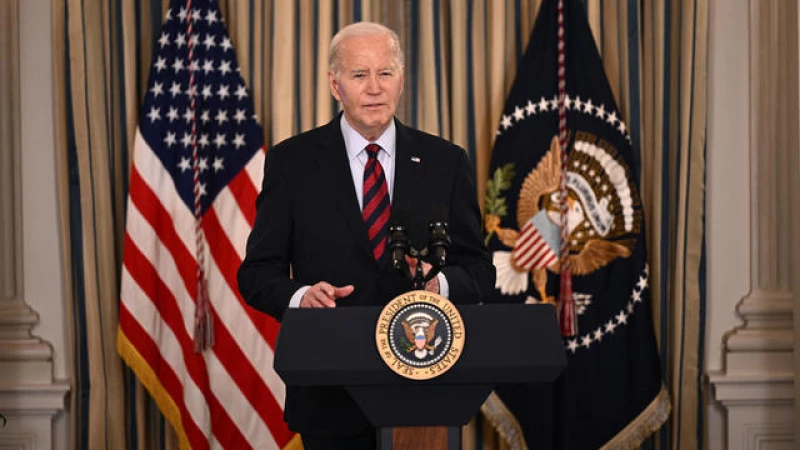Although many congressional Republicans had opposed aid to Ukraine without addressing domestic border security, enough members ultimately coalesced behind the aid in both chambers to join with Democrats to approve the assistance without immigration provisions. A bipartisan group of senators worked for months to negotiate border security reforms to accompany the aid. But that agreement fell apart after former President Donald Trump urged GOP lawmakers to reject the deal.
After the aid package with border security components fell short, the Senate passed the assistance on its own. But Johnson blocked the bill from being brought up in the House, saying that the lower chamber would find its own path forward.
Ultimately, the aid package, which the House passed in four separate bills before it was sent to the Senate as a single passage, closely resembles what the Senate approved months ago. But it did include provisions to make it more palatable to Republicans, like offsetting the Ukraine aid with a partial loan structure and allowing the sale of Russian oligarch's frozen assets.
The TikTok provision came as a late addition to the foreign aid, after the House had approved a standalone bill earlier in the year. The widely popular video-sharing app, which is owned by a China-based company, has been under fire by U.S. officials in recent years amid warnings that China's government could gain access to its data and use it to spy on or manipulate Americans. But the standalone bill that could lead to a ban of the app faced some headwinds in the Senate.
Within the foreign aid package, a final provision regarding TikTok has been included. This provision mandates that the parent company of TikTok must sell the app within a year. Interestingly, this deadline falls after the upcoming November election and represents an extension from the original House bill. Despite facing resistance from a segment of young voters and a strong lobbying campaign by TikTok, the opposition to this provision eventually faded away.







